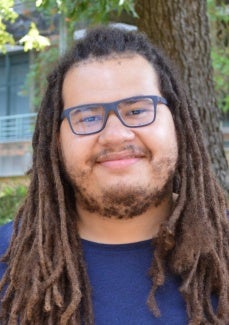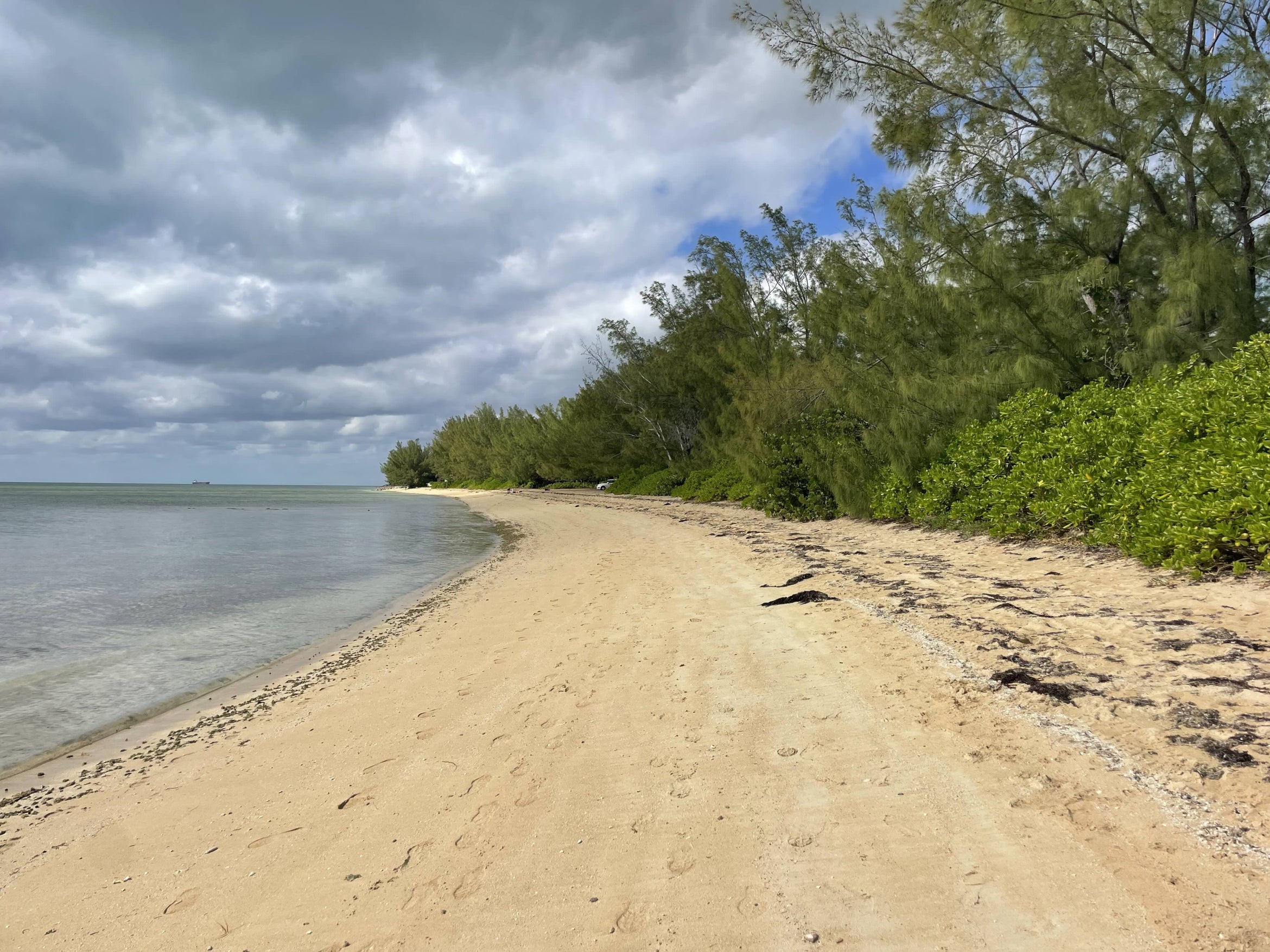
‘Outstanding Performance’

Daniel Conroy-Beam, a professor in the UC Santa Barbara Department of Psychology & Brain Sciences, has received the 2022-23 Harold J. Plous Award.
One of the university’s most prestigious faculty honors, the Plous is given annually to “an assistant professor or instructor in the humanities, social sciences or natural sciences who has demonstrated outstanding performance or promise of performance as measured by intellectual and creative contributions to the college community.” It is presented by the College of Letters and Science in honor of the memory of Harold J. Plous, an assistant professor of economics.
“I congratulate Dan Conroy-Beam on receiving this distinctive honor, the highest award given to a young professor at UC Santa Barbara,” said Pierre Wiltzius, dean of mathematical, life and physical sciences. “Dan’s work in the area of human mate selection illuminates one of the most impactful personal decisions we make. His research promises to help us understand how and why people choose long-term partners. I look forward to his presentation and to future findings.”
“I am incredibly honored to receive this award,” Conroy-Beam said. “I know the caliber of previous Plous Award winners and I am both flattered and humbled to be counted among them. I owe a special thanks to the many friends, colleagues and students who have worked alongside me, supported me, challenged me, encouraged me to be bold and take risks, and who broadened my horizons in ways I would never have anticipated. I wouldn’t be where I am without the fabulous intellectual community here at UCSB that I’m lucky to be a part of.”
As the head of the Computational Mate Choice Lab, Conroy-Beam conducts research in the realm of human mate selection. It’s a fundamental aspect of the human experience.
“It’s the most important decision anyone ever makes,” he said. “It determines where you live and work, who you socialize with, who you consider family, who you might have a family of your own with.” For those reasons, he added, who you choose as your partner is tightly linked to your health, wealth and quality of life.
Yet for all the studies, models and dating services that try to predict how to best go about choosing our life partners, successful mate choice, particularly for humans, is still something of a mystery. That, according to Conroy-Beam, is because prevailing, decades-old ideas can’t capture the multilayered complexity of real-life human reasoning and choice in an ever-shifting social landscape. Until now.
Using computer models, the Computational Mate Choice Lab simulates dating “markets,” populated with “avatar agents” based on the attributes and preferences of real-life couples. The crucial difference is that in the computer world, all the avatars are uncoupled, and it’s the researcher’s job to get them back together.
Conroy-Beam’s lab develops and tests algorithms representing different hypotheses of mate selection in this “couple simulation.” The more of these avatars an algorithm manages to pair correctly, the more likely it is that the hypothesis embedded in the algorithm is accurate. This approach allows researchers to crack the code of mate choice in a complex, realistic environment.
Conroy-Beam will discuss the findings of this and other computational explorations into the psychology of dating and relationships in the Plous Lecture in the spring.
“Dan has introduced completely novel innovations to the study of human relationships,” remarked Shelly Gable, chair of the Department of Psychological & Brain Sciences. “Almost single-handedly, he has pioneered the use of agent-based modeling in human relationship science. His research has added a level of computational precision and rigor to the study of what we want in romantic partners — and how we choose them — that is simply unprecedented.
“In addition to his ground-breaking research, Dan is also an amazing teacher and mentor to our students. He excels in both the classroom, specializing in teaching challenging statistics courses, and in the lab, mentoring the next generation of scholars.”
Conroy-Beam received his bachelors degree in Psychology and his Ph.D. in Individual Differences and Evolutionary Psychology at the University of Texas at Austin. He joined the UCSB faculty in 2016.



